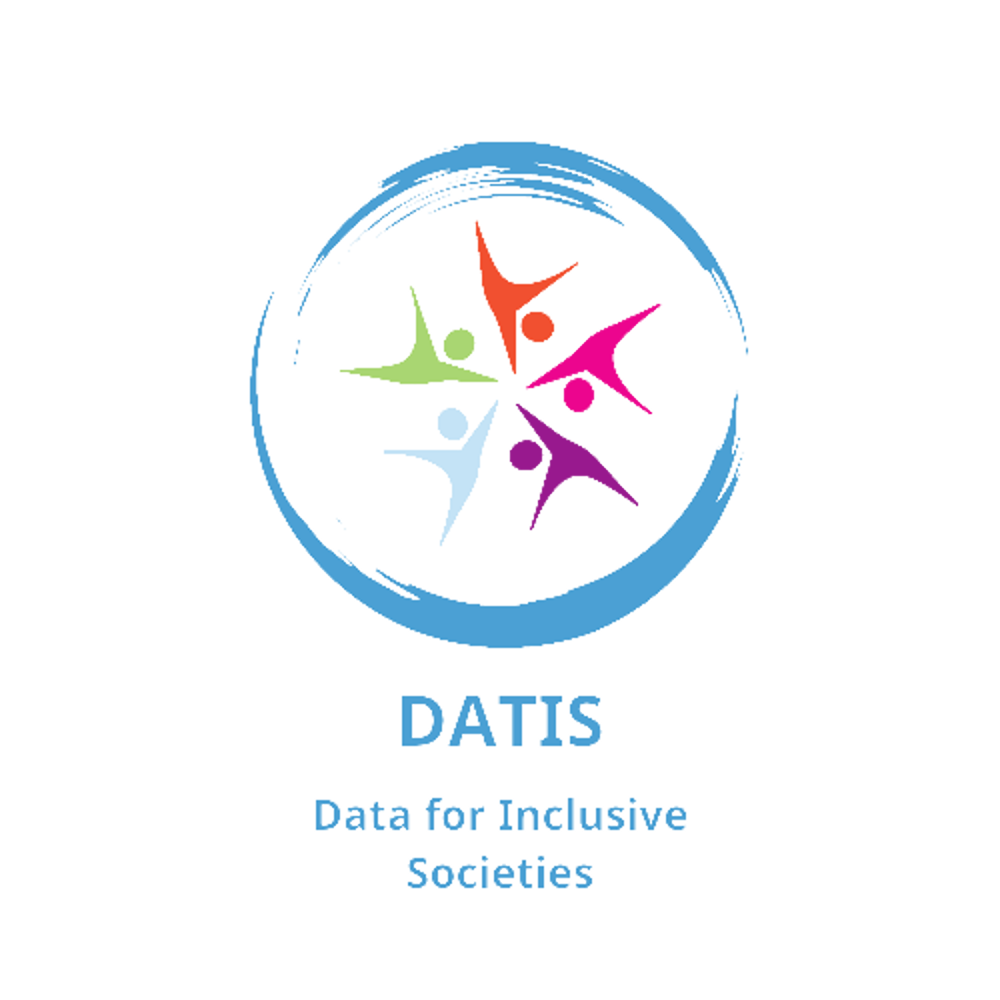Societal impact
The proposed theoretical and methodological innovations will help us to shed more light into the explanatory factors, both at the elite and mass level and their interaction, that explain the causes and consequences of adopting hostile attitudes towards other groups and that predict the success as well as the social appeal of the foes of inclusive societies.
This project will:
- be of particular importance to different target groups, like academics, students, researchers, journalists, policy-makers, think tanks, pressure groups, and youth workers and the general public with compelling, data-driven insights and proposals for fostering inclusive societies
- propose a new paradigm of large-scale, multi-disciplinary, multi-method research projects based on the principles of open data, reproducibility and replicability
- establish a close link between researchers and policy actors to accelerate the translation of research findings into evidence-based policy
- allow the research team to formulate data-driven policy proposals, which will aim to detect those explanatory factors, at the mass and elite level, which predict the causes and consequences of anti-inclusive attitudes and stances
- make it easy for policy-makers to effectively address and mitigate the negative effects of anti-inclusive stances in the elite and mass level and foster inclusiveness
- allow to delve into different varieties of anti-inclusive actors which may be more dangerous for inclusive society such as right-wing populists, authoritarian and neo-authoritarian parties etc.
Scientific impact
- involve multidisciplinary approaches as it involves scholars from different backgrounds and sub-disciplines of Political Science, and Political Theory aiming to apply the latest advances in research methods
- enhance the methodological capabilities and scholarly competence of the flourishing academic research community of Greek political scientists
- contribute to a deeper and better understanding of the limits and perspectives of inclusive societies nowadays in Greece
- apply new innovative research design methods like recruitment of survey participants based on text messages
- formulate and test new survey items aiming to measure the latent concept of inclusiveness in an internally and externally coherent way
- be an effort to integrate new survey items in international comparative research projects such as CSES, ISSP and CSS where members of DATIS are very active
- use innovative big data-based automated text analysis methods in party manifestos, speeches and tweets
- allow to investigate various word patterns, dimensions and sentiments on large volumes of political texts, as well as predict through machine learning, texts with inclusive or anti-inclusive content
